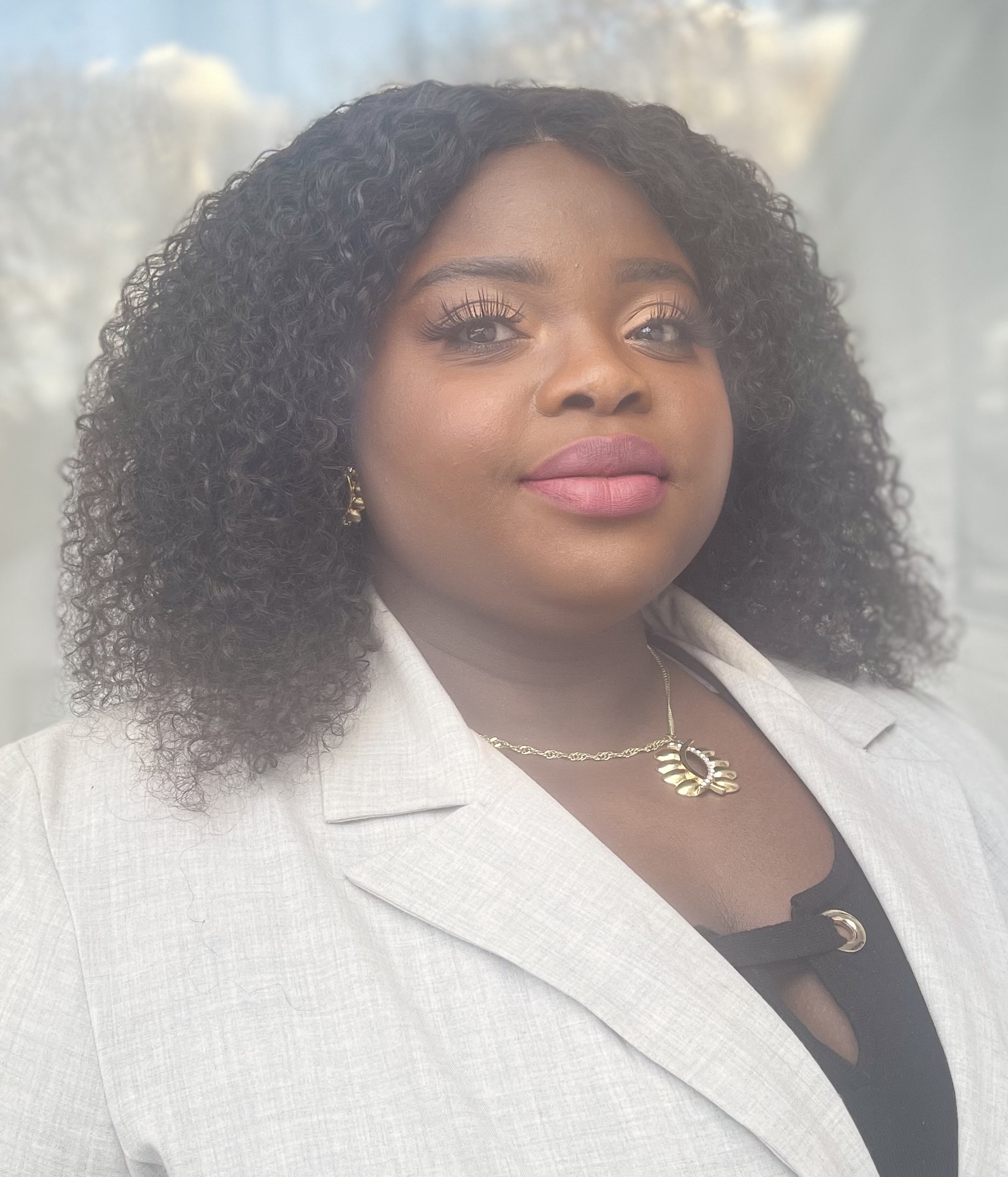NICHQ Employee Spotlight:Chiagbanwe Enwere

Full name and title: Chiagbanwe Enwere, NICHQ Project Analyst
Years with NICHQ: 1.5
How has your background/experiences led you to join a national children’s health organization?
“I was born in Nigeria, so coming to America as an immigrant I benefitted from some of the systemic ways that the U.S. tries to help immigrants assimilate. Growing up, I was a part of the WIC program as well as a Healthy Start program in the Bronx, so in that aspect, life has really come 360. My family and a lot of families within our community were tasked with helping each other assimilate and adapt to this country, especially as new people came in, and it really started my thinking about access and helping people understand what exists in this country and what exists in this world.
That fueled my desire to help children and learn about disparities in access to resources. Initially, I thought I was going to be a doctor, but I got to college and learned about public health and that changed my direction.”
As a Project Analyst for the New York State Maternal and Child Health Collaboratives project, what does your work entail and why are you passionate about it?
“By the nature of the work we are trying to accomplish through the New York State Maternal and Child Health Collaboratives project (funded by New York State Department of Health), data really informs the project direction. There are certain pieces that we have to highlight more in conversations or within the curriculum because the data tells us to.
As a project analyst, I’m able to help interpret the data to inform the project and assist with the development of various pieces of the project, such as the Patient-Reported Experience Measure (PREM) survey tool, which provides patients the opportunity to say what their experience of care was, while also giving birthing hospitals the ability to quantify the data obtained through survey results to make impactful changes.
This is really a patient-centered project that focuses on birthing equity for Black women and birthing people, so it allows me to explore my many passions. As a feminist, I have tried to pursue career opportunities that provide the chance to combine my love for public health, passion for reproductive justice, and desire to help people gain access to better health resources.
I come from a culture where being a mother is a big thing, and I think one of the things I noticed is that often mothers and birthing people’s personhood is forgotten after giving birth. They’re now just a mom and a caretaker. But what else happens to her? So, when we talk about things like hemorrhaging when we talk about things like lactation to breastfeed, we’re putting the emphasis back on the care for mothers and birthing people.”
What unique perspective do you bring to your project team as a member of NICHQ’s Data Applied Research and Evaluation (DARE) team?
“I have really been able to provide not only a data perspective to the team but also experience with both equity work and programming.
As a member of the DARE team, we are really given the autonomy to interpret the data and that is important, but my past experiences with programming taught me that not everybody understands data the same way, so it is necessary to break it down for team members who work primarily on the programming side, so they can use the data and talk about it themselves.
Often, people often get carried away with analyzing data and can be reactionary by misinterpreting what the data is saying. We carry out learning sessions or coaching calls to help teams understand what the data is saying and to identify limitations and gaps within our project.
What has been the most rewarding aspect of working on this project and what do you most look forward to?
“As a Black woman working on this project, you must recognize, oddly enough, the privilege that you have to understand the problem on a deeper level. I’m able to move around in the world, knowing that this is the reality of what is happening, while there are some who do not live that reality, so understanding the challenges may be more difficult.
If a patient says somebody forced them into care, a person who has no lived experiences with similar situations may be less inclined to believe the problem even exists, but I can say, ‘No, I can give you instances.’
With this project, I look forward to continuing working with the data to see what more can be learned. There is a lot of rich content that we have, but we are in a time where things move so fast. But I think, with time to just sit and look at the data, there will be a lot of opportunity for more research — a lot of opportunity to go deeper. I have a true interest in traditional health and traditional medicine, and we are beginning to incorporate birthing centers and doulas within our projects, so it is an extremely exciting time for me.”
What other passions and interests do you enjoy exploring in your free time?
In my free time, I enjoy being creative, so I try to stay away from the computer. I like to paint and draw, and I also have a natural hair and skincare line. When I do watch TV, I enjoy cooking shows because I also love to cook. Being outside in nature is one of my favorite pastimes. I like to hike, I like to camp, and I like to be like in the wilderness with a book.
